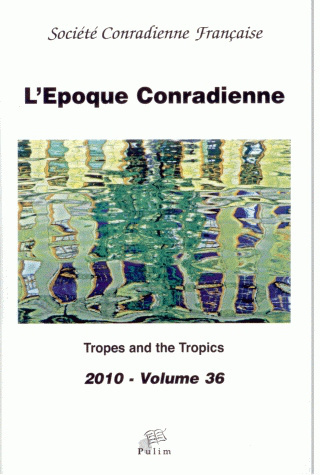
L' L'Epoque Conradienne, volume 36/2010
Tropes and the Tropics
Catherine DELMAS,Catherine VANDAMMEDate de publication
25 avril 2011Résumé
The present volume of L'Epoque Conradienne tackles the controversial question of Conrad's representation of the tropics and the way he managed to offer much more than a conventional orientalist tale and/or painting marred by the recurrent characteristics of the genre: binary thinking and underlying racism, reification under the guise of exotic aestheticisation or systematic recourse to generalisations, to quote but a few of its most salient features. Conrad, on the contrary, used tropes and the visual so as to reintroduce uncertainty and undecidability which, far from confiscating the gaze and the voice of colonised people in the tropics, enable the reader to sense the crack-up in the Westerner's own gaze and voice. Through repeated aesthetic turns of the screw, the imp ...
Lire la suite
FORMAT
Livre broché
12.00 €
Ajout au panier /
